
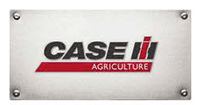 When it comes to farm equipment purchases, livestock producers think more about the ease of maintenance, while crop producers think more about the predictability of it, according to a 2014 survey of 800 livestock and crop producers across North America.
When it comes to farm equipment purchases, livestock producers think more about the ease of maintenance, while crop producers think more about the predictability of it, according to a 2014 survey of 800 livestock and crop producers across North America.Producers in the study, sponsored by Case IH, who reported a significant portion of their income as generated from livestock operations say they look for low maintenance and easy-to-service equipment from an innovative manufacturer. Those who reported a significant portion of their income as generated from crop operations also rank innovation near the top of their list, but reliability and resale value rate even higher.
"A big difference between livestock and crop producers when it comes to equipment is usage," says Ryan Drollette, Farm Management Specialist from Iowa State University Extension and Outreach. "Livestock producers run their equipment every single day, while crop producers are running them for longer periods of time during select seasons."
The usage differences mean livestock operators are using their equipment every day and are performing maintenance as needed. Making that daily process simpler and less time consuming for producers can mean higher efficiency for that operation.
"Having quick service stations on equipment is key," says Drollette, a former dairyman himself. "If I can head out to the barn and do my daily maintenance check without having to crawl around the machine, I can get to work that much sooner."
Working out in the field alongside producers, Case IH hay and forage product specialist
Brett DeVries says Case IH understands this need. "Case IH talks to customers where they work to identify needs and drive the design of our products, so that we're giving producers the innovation they need to best meet their needs."
For example, producers can pair an easy-to-operate Case IH Maxxum® or Farmall® 100A tractor with a new Case IH DC3 series disc mower conditioner. Case IH designers created lightweight, impact-resistant access doors for the DC3 to simplify in-field adjustments. Customer input also guided the design of the new Case IH Farmall C tractors with added transmission options and ground-level maintenance features to improve efficiency.
The research confirms that livestock and crop producers also retain their equipment differently. While livestock producers may keep their equipment for five to 10 years, crop producers buying new equipment tend to trade more frequently, according to DeVries. Spending is part of this equation, and the research shows that pricing and discounts are of medium importance to livestock producers while they are at the bottom of the average crop producer's list.
"The longevity of the equipment matters to the more value-oriented livestock producer,"
DeVries says. "Case IH offers a full line of equipment to meet the needs of all producers, no matter the size, type or location of the operation."
Like in any business, the quest for higher profits requires smarter, more efficient technology. The same goes for producers and this concept is not lost on them, which the research proves. Both livestock and crop producers rank an innovative manufacturer as their No. 3 purchase consideration.
"Investing in the right new technology can be profitable for any operation, but specifically for a livestock operation if it can help cut down on labor costs," Drollette says. "After all, it boils down to the people: those that are working on your operation and those that are working for your operation."
Research results show that dealer experience is important, considering that both the crop and livestock producers ranked dealer responsiveness as No. 5 on their list of considerations. Case IH understands that people are important, as it continues to put producers first and keep two- thirds of its employees out in the field working alongside producers every day.
"Having access to a supportive, responsive dealership is critical for all producers," Drollette says. "An operation's success is dependent on its ability to stay up and running, and equipment plays a crucial role in that."
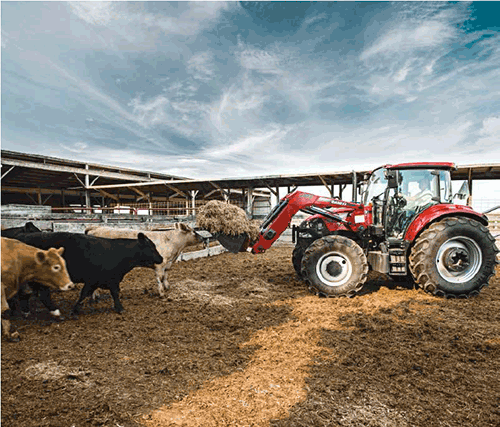
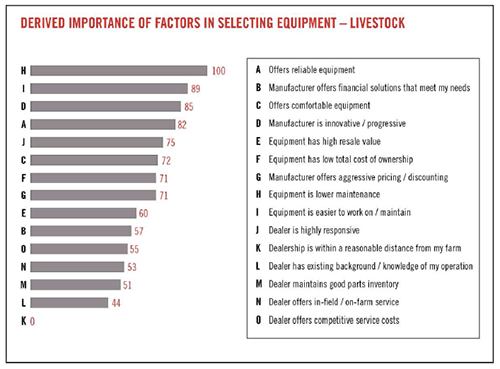
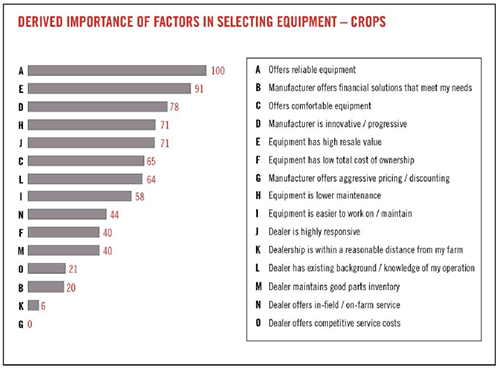
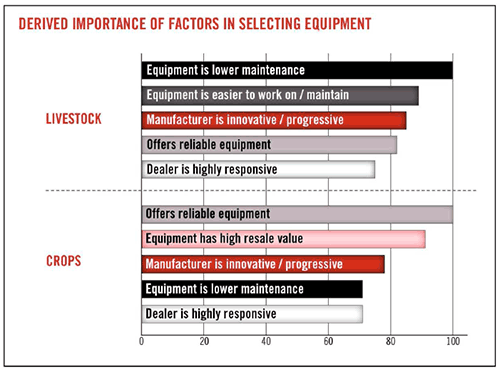
This research is the results of 800 producer interviews and is considered to be a representative sample of target producers for Case IH. They include Canadian and U.S. producers from sizable operations who have a final say or share in decision-making regarding equipment selection and purchasing. These producers were asked, "Below is a list of attributes you may associate with equipment manufacturers and dealers. Please indicate how important each attribute is when seeking a service or choosing a piece of equipment." Derived importance is a statistical measurement that takes into account a producer's likelihood to purchase/repurchase a brand of equipment and how he rates that brand on the attributes.
Case IH is a global leader in agricultural equipment, committed to collaborating with its customers to develop the most powerful, productive, reliable equipment designed to meet today's agricultural challenges. With headquarters in the United States, Case IH has a network of dealers and distributors that operates in over 160 countries. Case IH provides agricultural equipment systems, flexible financial service offerings and parts and service support for professional farmers and commercial operators through a dedicated network of professional dealers and distributors. Productivity enhancing products include tractors; combines and harvesters; hay and forage equipment; tillage tools; planting and seeding systems; sprayers and applicators; site-specific farming tools and utility vehicles. Case IH is a brand of CNH Industrial N.V. (NYSE: CNHI / MI: CNHI).
2.26.2014